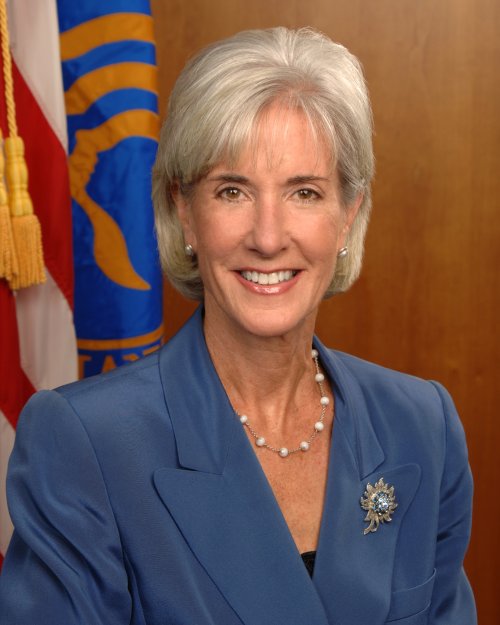Statement by Secretary Kathleen Sebelius on African-American History Month.
Statement by Secretary Kathleen Sebelius on African-American History Month

Today, we celebrate the start of African-American History Month. African-Americans throughout history have made significant contributions to scientific health research, medicine, and public health. Two notable examples include Dr. William Augustus Hinton, the son of former slaves, who became the first black professor at Harvard Medical School and gained an international reputation for his medical research, and Dr. Charles Drew, a physician, researcher, and surgeon, who forged a new understanding of blood plasma that allowed blood to be stored for transfusions.
As we celebrate the impact of African-Americans who serve as doctors, nurses, caregivers, and health care decision makers, this year’s theme for African-American History Month, “Black Women in American Culture and History,” gives us the opportunity to reflect specifically on the contributions African-American women have made to health care. One shining example, is my predecessor, Patricia Roberts Harris, who served as the first African- American United States Secretary of Health, Education, and Welfare (which during her tenure became United States Secretary of Health and Human Services), and was also the first African- American woman to serve as a United States Ambassador.
While we take time this month to recognize these contributions, we also reflect on the words of Dr. Martin Luther King, Jr.: “Of all the forms of inequality, injustice in health care is the most shocking and inhumane.” And despite the progress we have made, we know that underserved communities may not have equal access to high quality health care. Low-income Americans, racial and ethnic minorities, and other underserved populations often have higher rates of disease, fewer treatment options, and reduced access to care and coverage.
Here at the Department of Health and Human Services, we are working toward a healthier America and at every level, in every agency of our Department, you will find African-Americans playing an essential role in the critical work that we do. We are committed to ensuring that all Americans achieve health equity by eliminating disparities and doing what we can to improve the health of all communities.
The new health care law, the Affordable Care Act, will help reduce health disparities by expanding health coverage to 34 million Americans, preventing the worst insurance company abuses, and bringing new funding to community health centers, an important safety net for underserved populations.
Programs throughout the Department—from the Substance Abuse and Mental Health Services Administration’s Minority Fellowship Program, designed to increase workforce diversity for African-Americans in the areas of behavioral health, and the Centers for Disease Control and Prevention’s HIV/AIDS Testing Initiative, designed to reach out to specific high-risk populations—work to increase representation throughout the health workforce and improve outcomes.
Combined with the Department of Health and Human Services’ Strategic Action Plan to Reduce Racial and Ethnic Health Disparities, these are key initiatives guiding us in our efforts to improve access to quality care and reduce health disparities. Today, we rededicate ourselves to the work of making sure that every American child, no matter where they were born or what color their skin is, has the chance to reach their full potential. We can and will continue to ensure justice in health care and improve the lives of millions of Americans.
###
* The above information is adapted from materials provided by USA Department of Health and Human Services (HHS)
** More information at USA Department of Health and Human Services (HHS)




















